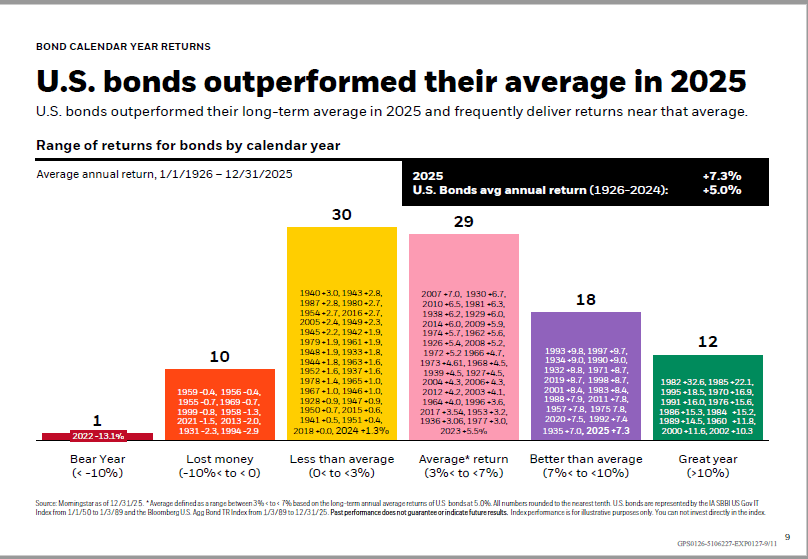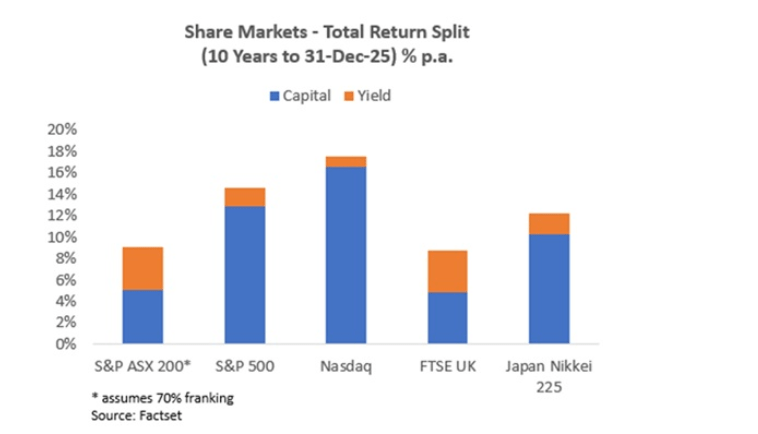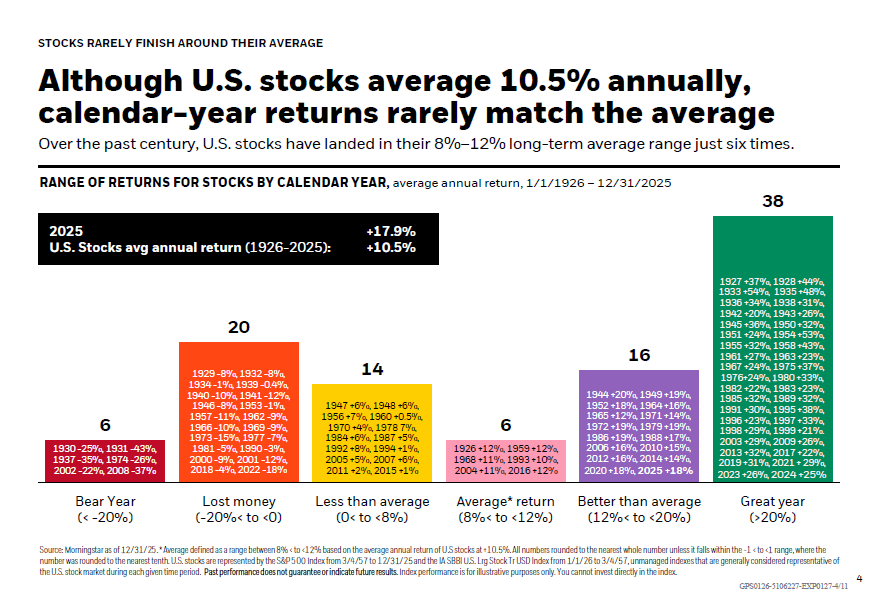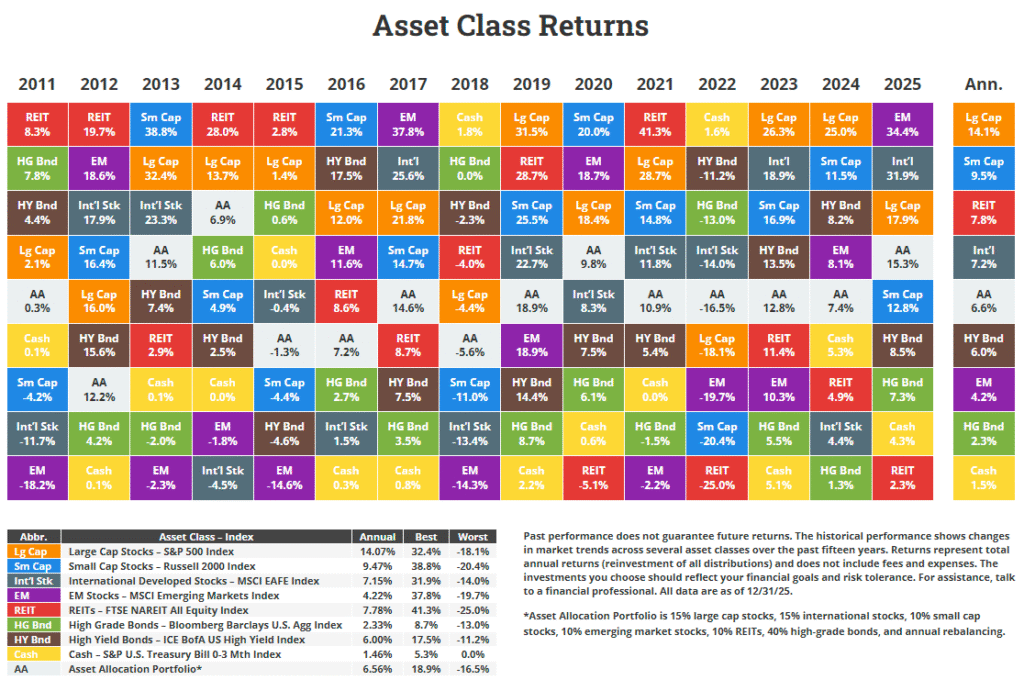In an article yesterday I wrote about the risk of investing in equities. However the benefits of investing in stocks far outweigh the risks. In my earlier article I mentioned the Cyprus market that has declined by over 99% in the past few years. But that market is tiny and in the global investing landscape is not considered as a market with any significance.
Some of the benefits of investing in stocks over other assets are listed below:
- It has been proven in many studies that stocks outperform bonds and other asset classes over the long-term. Not only do stocks outperform in the long-run but they are also excellent options to beat inflation.
- Some stocks pay dividends periodically such each quarter for most US firms. This make them attractive for income investors.
- In addition to regular dividend payments, companies can also pay special dividends as they wish. For example, when higher taxes on dividends came into effect many years ago some firms paid a special dividend before the tax law effective date. Some companies pay a special dividend at the end of the year to reward loyal shareholders. For example, US-based Glacier Bancorp, Inc. (GBCI) announced a $0.30 dividend at the end of last year.
- Unlike bonds, taxes are charged at a lower rate for dividends paid out by firms.Dividends for stocks held over a year get a lower tax rate as they are considered as “Qualified Dividends”. Interest payments from bonds are usually taxed at ordinary income tax rate.
- Companies can also have spinoffs in which case existing shareholders will receive additional shares of the new firm. Holding other assets like ETFs or mutual funds do not have this advantage. For example, when Reckitt Benckiser Group plc (RBGLY) spun off Indivior PLC existing shareholders were assigned a certain amount of Indivior PLC(INVVY) shares.
- For foreign stocks, some companies pay dividends in cash or additional shares. When cash option is chosen dividend withholding taxes have to paid. But choosing the shares option avoids this tax.
- When companies raise cash with a rights issue, current holders are entitled to receive additional shares usually at a discount or receive cash payments instead of rights.
- ETFs and other funds can be shutdown by the provider and cash returned to holders at any time at the discretion of the provider. Stocks do not have this issue. Unless a firm is delisted or goes bankrupt or merges with another firm, a stock will continue to trade.
- One company may be acquired by another company sometimes at a premium. In such cases, holders of the target firm can reap substantial gains. This does not happen with mutual funds or ETFs.
- By holding stocks an investor controls all the issues related to taxes related to dividends, withholding taxes for foreign dividends, capital gains, etc. But when holding a mutual fund for example, the fund company controls all the tax-related matters. For instance, at the end of the year a fund may pay our a huge capital gains distribution and fund holder will be hit with taxes on this payment.
Disclosure: Long INVVY, RBGLY, GBCI



